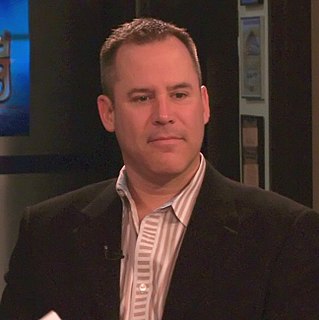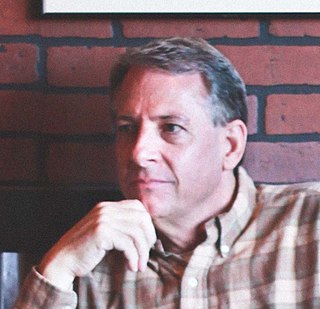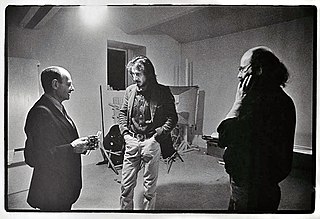A Quote by P. J. O'Rourke
Charles McCarry is the best modern writer on the subject of intrigue - by the breadth of Alan Furst, by the fathom of Eric Ambler, by any measure.
Related Quotes
Eric Roberts, for all the criticism he gets, is at least having fun with the script. His decision to devour large swaths of scenery locate him firmly in the tradition of Graham Crowden and Joseph Furst. Which is to say that he's not destined for fan acclaim, but he's easy to like if you're of the mind to.
The writers I care about most and never grow tired of are: Shakespeare, Swift, Fielding, Dickens, Charles Reade, Flaubert and, among modern writers, James Joyce, T. S. Eliot and D. H. Lawrence. But I believe the modern writer who has influenced me most is Somerset Maugham, whom I admire immensely for his power of telling a story straightforwardly and without frills.
I'm glad you're still upright, Charles, and the only reason you are is because she didn't have any silver. She'd have staked you right and proper otherwise. She has a tendency to shrivel someone first and then introduce herself afterwards." "That's uncalled for!" I said, insulted at the suggestion that I was homicidal. "Right." Bones let that go. "Kitten, this is my best mate, Charles, but you can call him Spade. Charles, this is Cat, the woman I've been telling you about. You can see for yourself that everything I've said is... an understatement.
Many photographers feel their client is the subject. My client is a woman in Kansas who reads Vogue. I'm trying to intrigue, stimulate, feed her. My responsibility is to the reader. The severe portrait that is not the greatest joy in the world to the subject may be enormously interesting to the reader.

































